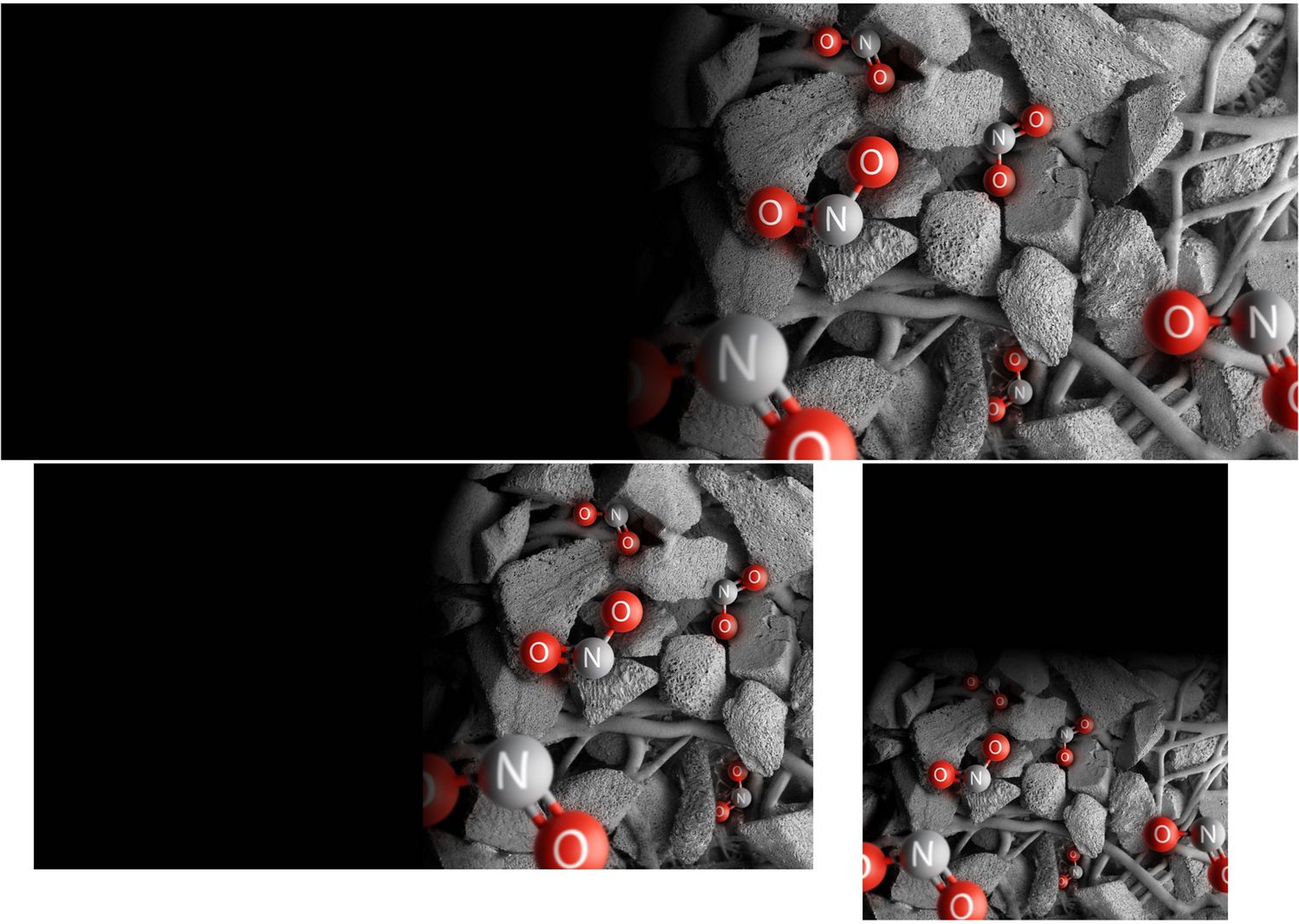

Dyson Purifier Hot+Cool HP2 De-NOx
Advanced purification. Whole-room heating. Powerful cooling.
Automatically captures 50% more NO₂.¹
Removes 99.97% of ultrafine particles as small as 0.3 microns.²
Discover Dyson air purification

Create a cleaner,
healthier home
Capture dust, odors and allergens* like pollen and pet dander, so you and your family can breathe cleaner air all year round.

Adsorbs 50% more NO₂±
Our K-Carbon filter is impregnated with potassium carbonate (K₂CO₃) and can adsorb 50% more nitrogen dioxide – a common and potentially harmful household pollutant.±

Replacement Dyson air purifier filters


-
App control
Adjust airflow speed, oscillation, and activate Sleep mode or Sleep timer – all from your phone, wherever you are.
-
Scheduling
Set a seven-day schedule for your machine to operate at specific times, day or night.
-
Data and insights
Explore live and historical data to monitor indoor environmental trends in your home.
-
Instant support
Helpful guides and assistance plus, a library of easy to follow how-to videos.
Frequently asked questions
NOx refers to a group of highly reactive gases containing nitrogen oxides, including nitric oxide (NO) and nitrogen dioxide (NO₂). These gases are produced during combustion processes when any type of fuel is burned, such as natural gas, oil, kerosene, wood or coal. This includes cooking with gas or oil stoves and ovens, burning firewood in wood burning stoves and log burners, vehicle exhaust fumes, wildfires or the burning of charcoal or tobacco. These activities can introduce a range of pollutants into the air.
In the context of emissions, NOx refers to nitrogen oxides released as a result of various combustion or burning processes. These emissions are a major contributor to air pollution, particularly in urban areas. Although you may feel like you can shut this pollution out of your home, modern houses are increasingly well sealed and energy efficient, which means you might be shutting pollution inside with you.
Sources of NOx include:
• Gas stoves and ovens
• Oil or propane stoves and ovens
• Wood burning stoves and log burners
• Vehicle emissions, e.g. cars, trucks, buses
• Burning charcoal, e.g. barbeques
• Tobacco smoke
• Wildfires, lightning, volcanic activity
High levels of NOx can cause respiratory issues, especially for individuals with conditions like asthma. Long-term exposure can lead to decreased lung function and other respiratory diseases.
NOx reduction is a key focus in environmental regulations aimed at improving air quality and reducing health risks.
NOx contributes to the formation of ground-level ozone (smog) and particulate matter, which can harm human health. It can also play a role in the formation of acid rain, which can damage ecosystems, soils and bodies of water.
¹Tested to Dyson test method TM-003387. In a 3 cubic metre test chamber, at fan speed 10, at third-party test laboratory (Fraunhofer WKI), comparison against regular activated carbon performance.
²Tested per ISO 29463.
³Tested per Dyson internal test standards for whole-room air projection (DTM-108), purification coverage (TM-003711), and heating performance (DTM-961).
⁴Fan, not air conditioning unit.
⁵App functionality may vary per market. Requires device to run app, Wi-Fi or mobile data, Bluetooth 4.0 support, and iOS version 15 or Android version 8 (or above). Standard data and messaging rates may apply.
⁶Third-party full machine testing based on GB/T 18801-2022 formaldehyde cumulative clean mass testing with continuous injection until plateau of formaldehyde CADR is achieved. Results may vary in practice.
*Allergens refers to non-living material.












